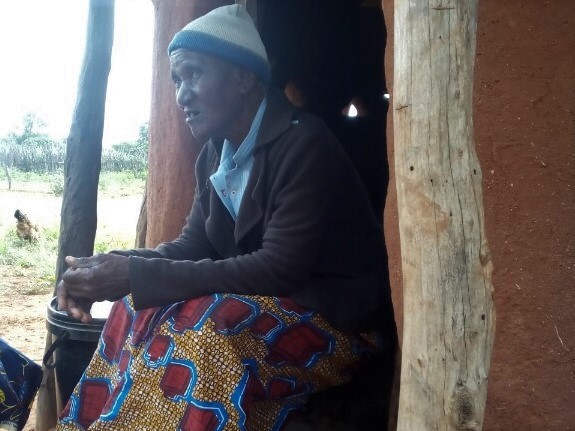Helping get justice for a teenage girl who was raped
Fatima Yakubu
Nigeria
Reporting topics:
Adolescent girls, justice, gender based violence
ECID Community Reporter Fatima Yakubu, based in Makarfi, shows commitment against gender-based violence by facilitating the arrest and subsequent prosecution and jailing of a rape culprit. Read a summary of Fatima’s heroinism below.
Halima (not her real name) is a 15years old student of the Government Secondary School, Makarfi ward in Makarfi Local Government Area (LGA) of Kaduna state.
Aboki (not his real name) is a tailor and a 22 year old young man residing in Makarfi ward. Aboki is Halima’s admirer and lover who will stop at nothing to get Halima into his bed. As narrated by Halima, it was on a fateful day Aboki invited her to visit his mother who was purported to be ill. Halima agreed to go with Aboki to see his supposed sick mother, but on arriving at the house, he took her into a dark room and ask her to wait for him while he checks on the mother. A few minutes later he came back and locked the door to the room and while she was asking and struggling to get free and go, he hit her and raped her.
Halima did not want to quit school so she decided to abort the pregnancy on her own. She did the abortion, however, there were complications that landed her in a health facility shortly. When Halima’s uncle (guardian) detected what had happened, he approached the parents of the perpetrator (Aboki). Aboki’s parents pleaded with Halima’s uncle to keep the issue a secret while they pay compensation of NGN15,000 (circa £26) because Aboki was already betrothed to another girl and soon to be married.
Upon discussion with Halima at the hospital, I impressed the girl’s parents and the guardian to report the matter to the police. Aboki and his parents were invited to the police station and Aboki was later detained and his planned marriage to the other girl cancelled. Halima got the justice she deserved because Aboki was tried and later jailed.
About ECID Reporters
ECID is a data-driven project that seeks to contribute to reducing poverty and improving the wellbeing of marginalized people in Kaduna and Anambra states of Nigeria. The project seeks to improve the wellbeing of three groups that have been identified as the most marginalised; adolescents (boys and girls), people with disabilities, and poor rural women living in hard-to-reach communities.
Selected volunteers are trained as Community Reporters to amplify the voice of those who are marginalised to increase the effectiveness of civil society and create greater responsiveness amongst duty bearers through harnessing the potentials offered by digital evidence. The reporters are trained in among others, basic journalist skills such as micro reporting, safeguarding, mobile phone security, digital media, and interviewing skills.


